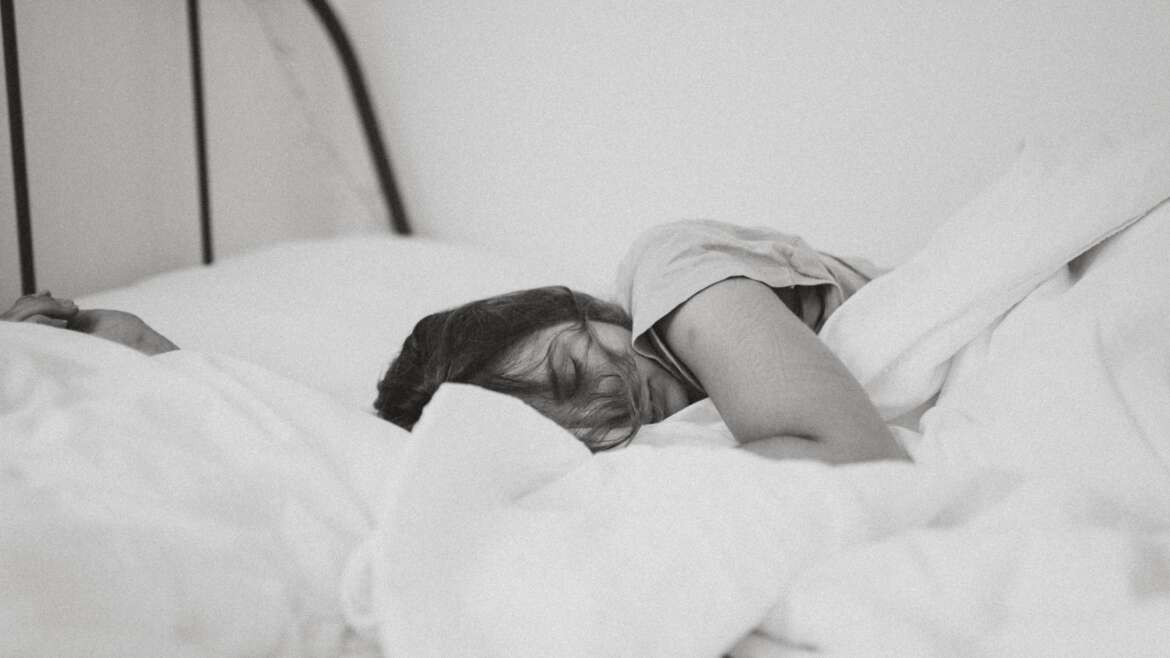Did you know that it’s been proved that an old bed can rob you of up to an hour’s sleep a night? And if you compare sleep on a new bed versus an old bed the sleep quality is better – that is, less disturbed and more recuperative sleep – with three times fewer physical movements and two times fewer micro-awakenings being recorded.
Research suggests that you should change your mattress every 7 years due to comfort and also due to the wear and tear from body weight and movement as well as the sweat and skin flakes that you deposit every night. But if you consider how many hours you spend in bed, buying a decent mattress is a great investment, especially if you work out that for every £100 you spend, it works out as 4p per bed per night over 7 years!
So what factors should you consider when searching for a new bed?
- Don’t just buy a bed because it says it’s good for your back. A bed that’s supportive and comfortable is the But it is important to remember that people’s requirement for support will differ depending on their weight and build.
- The term ‘orthopaedic’ generally just means an extra firm bed; it is not based on any medical or other common standard. Firmness is not determined by price, although comfort, luxury and durability and added features such as adjustability come with higher price tags.
- There’s no single right bed to ease a back problem and each different person may also require a different solution. The best approach is to research the options carefully, take time to try them out and choose what you personally find supportive and comfortable, regardless of labels or even price tags.
- Narrow your choice down to two or three and then spend plenty of time lying on these in your normal sleeping positions. Five or 10 minutes should be the minimum for each bed – but feel free to spend half an hour or even an hour, if that’s what you want to do. The Bed Factory Outlet based at the Old Fire Station (opposite Morrisons) in Todmorden have a great range of beds and are entirely happy for you to spend an afternoon there testing the mattresses to ensure you find the correct one for you! They also offer free delivery within a five mile radius.
- Look for a supportive rather than a hard bed. Do not assume that orthopaedic or firmer beds are the best option. Often a medium firm bed with proper cushioning is better.
- A bigger bed will be of benefit both you and your partner – with less partner disturbance. Zip and link beds are a good option if firmness preferences differ widely or where a future requirement for two separate beds is identified.
- Many mattresses need to be turned regularly to ensure even wear and tear. If this is likely to prove difficult (and good quality mattresses are heavy!) then look for a mattress which does not need regular turning – there are a number of options of all types of construction now on the market.
- Pay attention also to choosing the correct pillow which must support the neck in alignment with the rest of the spine. Too many pillows thrust the head forward or sideways (depending on your sleeping position); too few allow the head to tip backwards: both create a crick in the neck.
- Try and adopt a sleeping position which creates less physical stress on the back (e.g. lying on your side is better than lying on your front with your neck twisted to one side!).
So, if you’re sleeping on an old bed, now’s the time to make the change. A comfortable, supportive bed is the foundation of good sleep. Many people make the link that lack of sleep affects how they feel the next day but many fail to recognise that their sleep could be improved by a new mattress.
Did you know that 80% of bed shoppers spend less than 2 minutes trying out new beds, but as you spend 3000 hours per year in bed remember to take longer and choose better! Hopefully this article will help you do just that!

